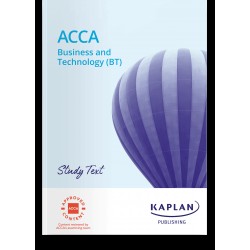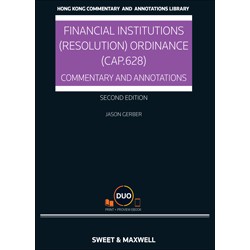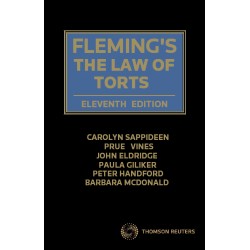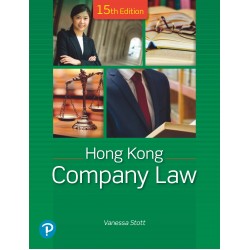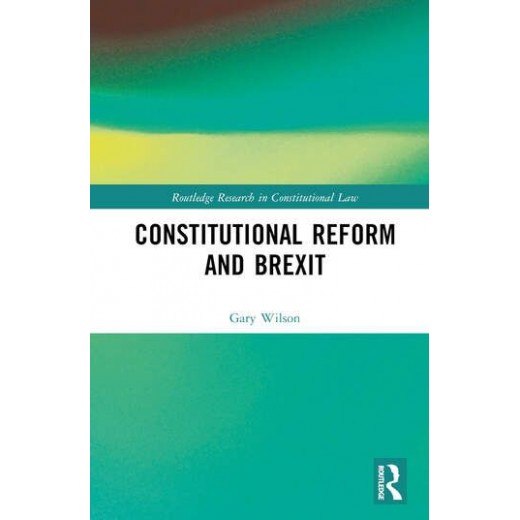Your shopping cart is empty!
MENU
-
Categories
+
Law
- Air and Space Law
- Arbitration & adr
- Australia Law
- Banking Law
- Biography / Legal History / Miscellaneous / Legal Interest
- Building / Construction
- China Law
- Commercial Law
- Common Law Library
- Company Law
- Competition Law
- Conflict of Laws
- Constitutional and Administrative Law / Judicial Review
- Contract Law
- Conveyancing / Property Law / Land Law
- Criminal Law
- Data Protection
- Dictionary
- Employment Law
- English Legal System / Legal Skills and Method
- Environmental Law
- Equity & Trusts
- EU Law
- Evidence
- Family Law
- Hong Kong Law
- Human Rights
- Insolvency Law
- Insurance Law
- Intellectual Property Law / Trademark Law / Patent Law
- International Law / Immigration / Refugee Law
- Jurisprudence
- Legal Profession, Legal Practice Management & Reference, Drafting and Legal Writing
- Libel and Slander
- Media / Telecommunications / IT Law
- Medical Law / Mental Health Law
- Partnership
- Personal Injury / Remedies & Damages
- Practice & Procedure
- Professional Negligence
- Restitution
- Securities Law
- Shipping, Transport and Maritime Law
- Supplement
- Taxation
- Tort Law
- Wills & Probate
- Bargain Corner ** Offer valid while stocks last **
Professional Examinations
- Bar Manual
- ACCA Studying Materials BPP (NEW 2023!!!)
- ACCA Studying Materials Kaplan (NEW 2022!!!)
- All ACCA Study Material
- All CIMA Study Material
- CIMA Studying Materials / BPP (NEW 2023)
- CIMA Studying Materials / Kaplan (NEW 2023)
- CLP Legal Practice Guides
- HKU - MACC 7015
- HKUST MBA - ACCT5210
- HKUST MBA - ECON5200
- HKUST MBA - MGMT5890
- HKUST MBA - MGMT5980
- LPC
- About Us +
- Legal Profession Services +
- Students +
- Professional Examinations Guides +
- Contact Us +




